Teun Zuiderent-Jerak
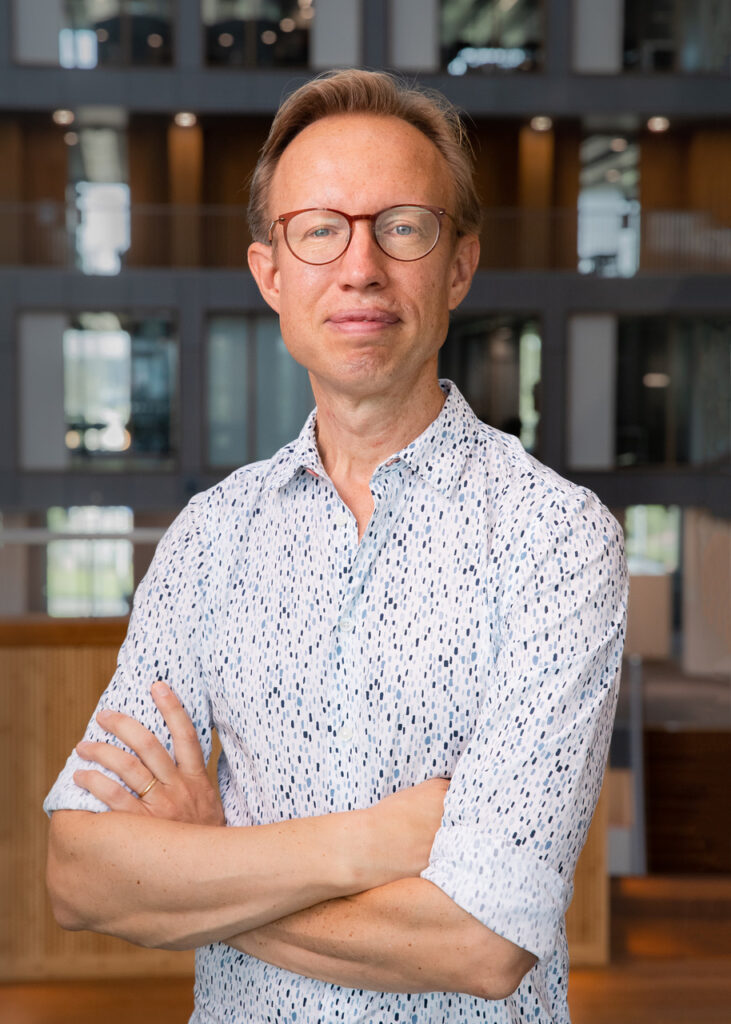
For STS as a nomadic field, with many younger and more seasoned scholars working in non-STS departments, it is essential to have spaces to come together. The EASST meetings, the journals Science & Technology Studies and EASST Review, and STS events in Europe that receive EASST support, provide crucial spaces for STS scholars from Europe and beyond to meet. These spaces are dear to me and I would like to continue to help foster them.
Melpomeni (Melina) Antonakaki
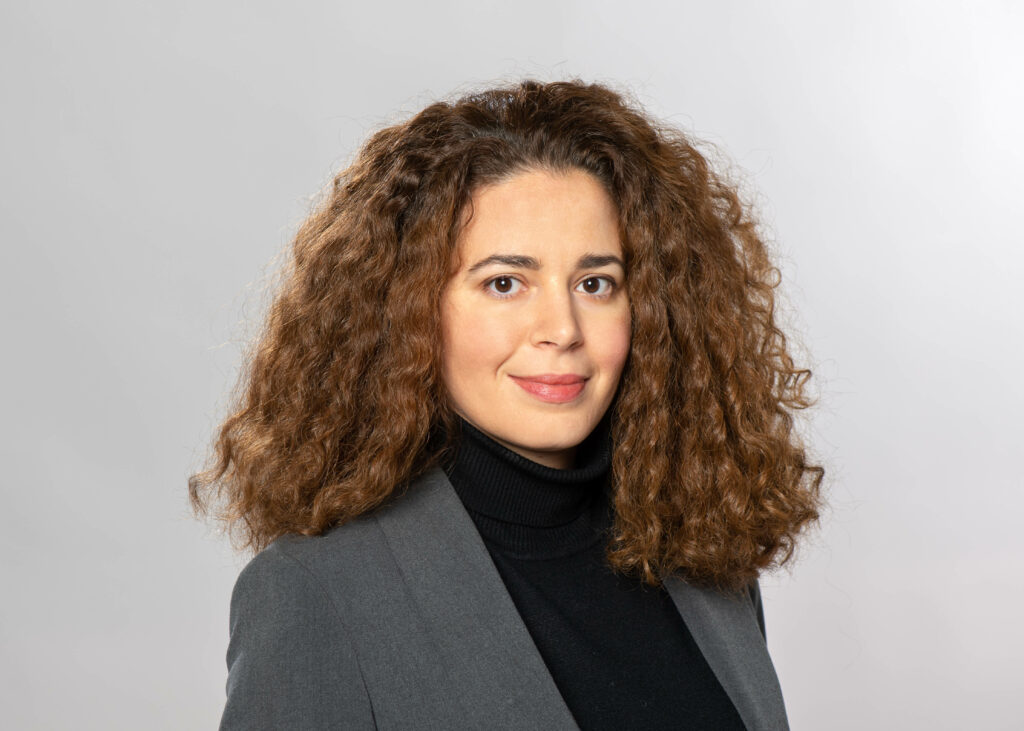
I am a doctoral candidate at the Department of Science, Technology and Society (Technical University of Munich) and a member of the Laboratory for Environment │Human Relations at the Institute of European Ethnology (Humboldt Universität zu Berlin). I research and write about how practices of investigating research misconduct intercept and intersect with practices of experimental replication in the life sciences, including bioengineering/materials science. I study controversies that erupt at this intersection, and new types of epistemic activism that exploit dynamics therein, in pursuit of research culture reforms and access at evaluative contexts.
Iñaki Goñi
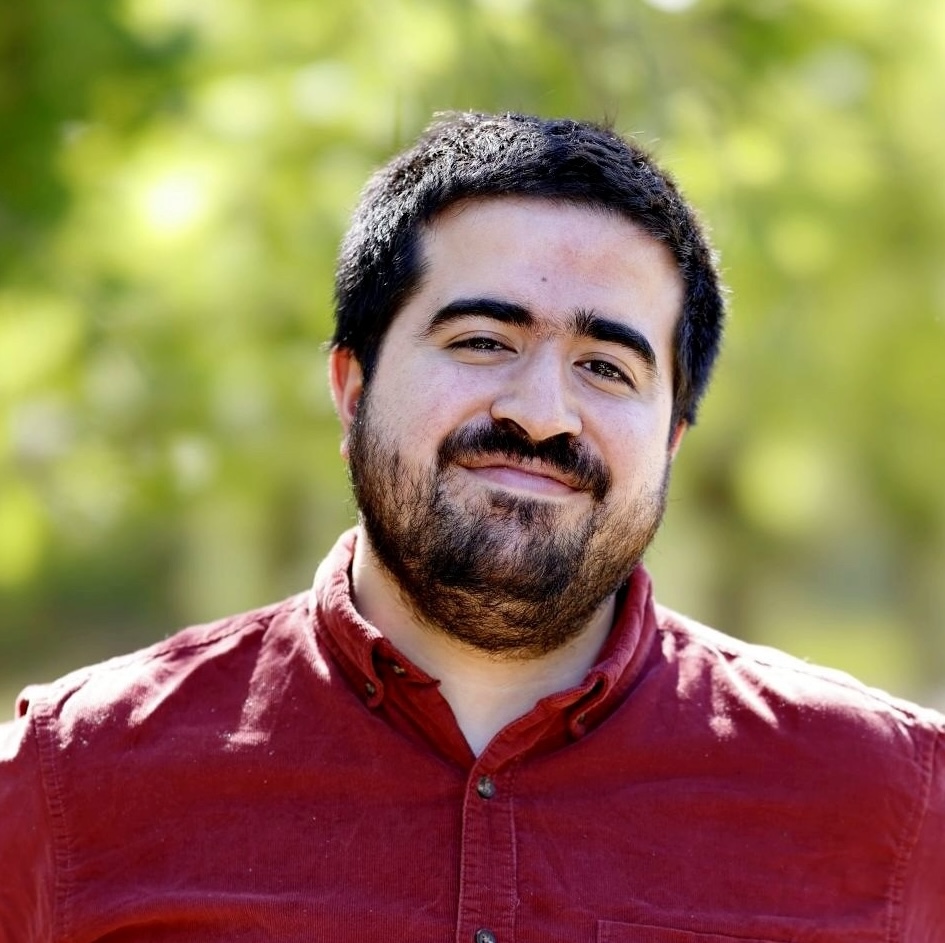
Greetings! I am Iñaki Goñi, a Chilean/Basque doctoral candidate at the Science, Technology and Innovation Studies department, University of Edinburgh. My research focuses on technology and democratic theory, exploring how citizens engage with technology and how technologies shape participation. Before my PhD, I was a lecturer and researcher at the Universidad Católica de Chile.
Selen Eren
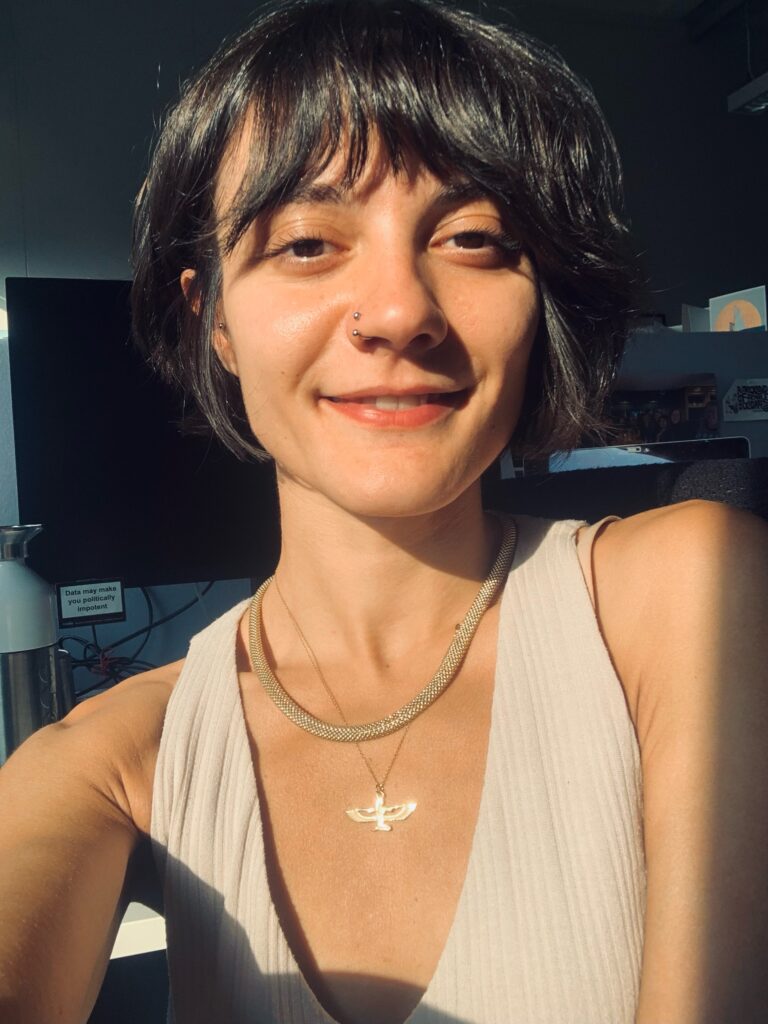
As an early career researcher (post-doc) based in the Arctic region at the Cultural Anthropology Research Unit of the University of Oulu, Finland, and connected to STS in Turkey, becoming a member of the EASST Council would be a great opportunity to increase the voice and visibility of these traditionally underrepresented local academic constituencies.
Sigrid Vertommen
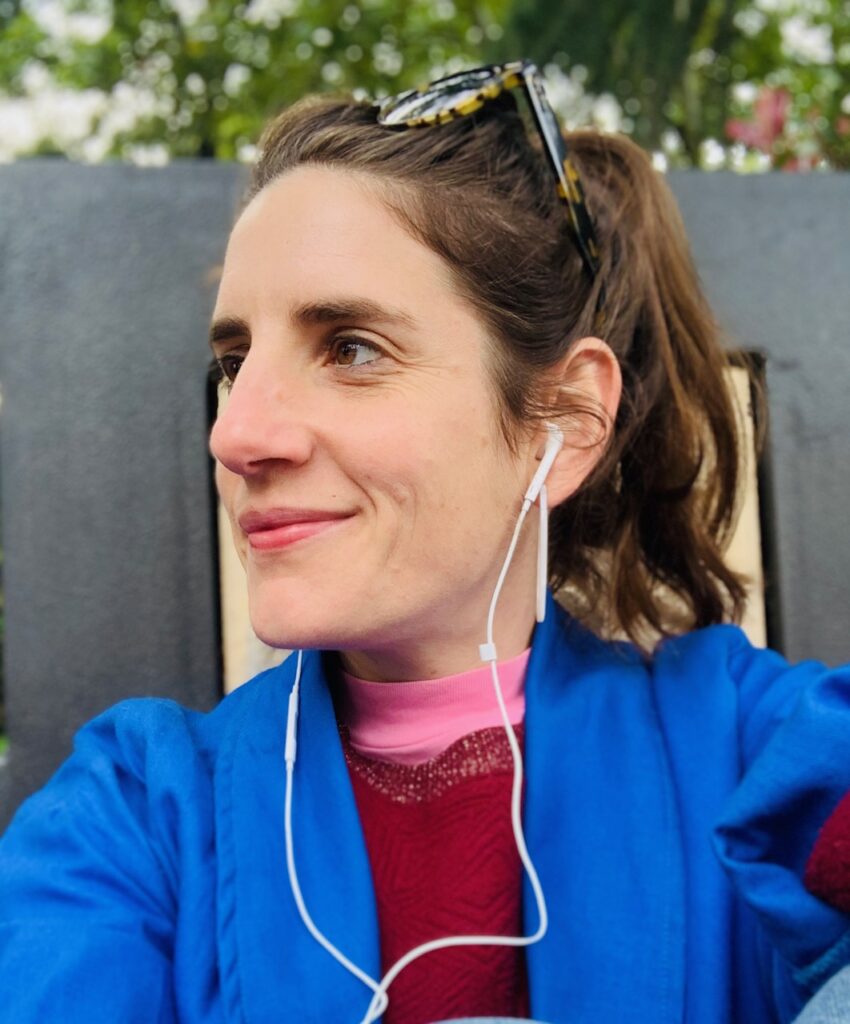
I am an inter/transdisciplinary scholar of reproduction who works at the intersection of science and technology studies, gender studies and global health and medicine. I work as a lecturer at the University of Amsterdam (30%) where I teach a course on Critical Perspectives of Global Health, Gender and Care and as a senior research fellow at Ghent University where I conduct research on transnational reproductive technologies (70%). Building on my experiences as a feminist STS researcher, lecturer and civil society organizer, I am excited to submit my candidacy as EASST council member.
Michela Cozza
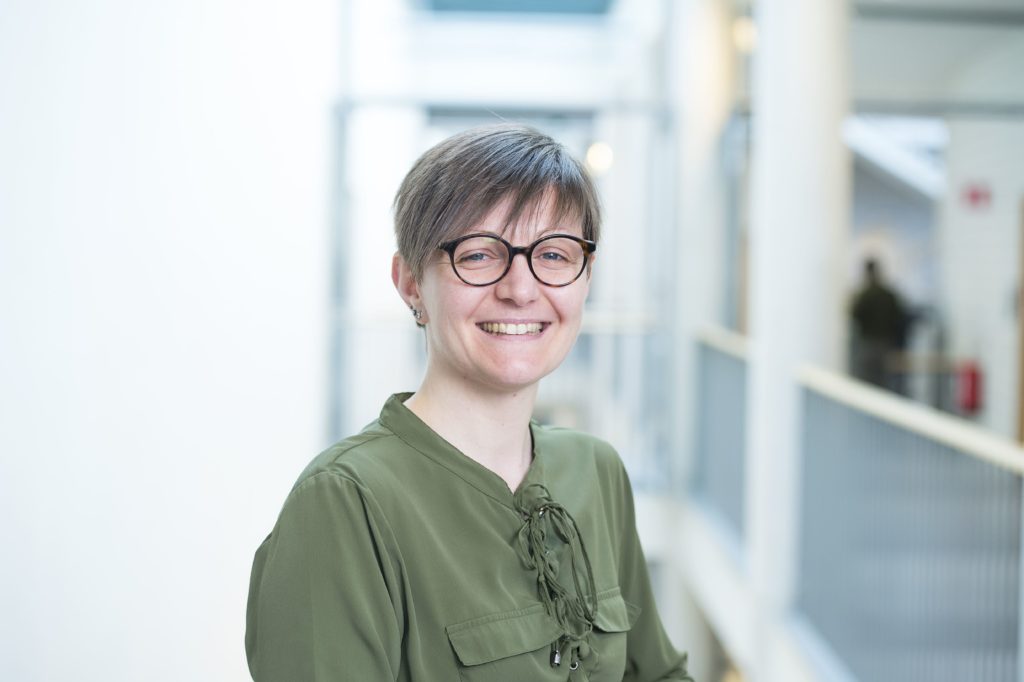
I am an Associate Professor at the Department of Organisation and Management at Mälardalen University, Sweden. I have been an elected member of the EASST Council since 2021. My first mandate expires in 2024. The European STS community is steadily growing and requiring the EASST Council both continuity and change. As the current Secretary of EASST and Chair of the EASST Ethics Committee, a second mandate would allow me to put my past experience at the service of the Council and the larger STS community and move forward with the present and new Council members.
Melanie Smallman
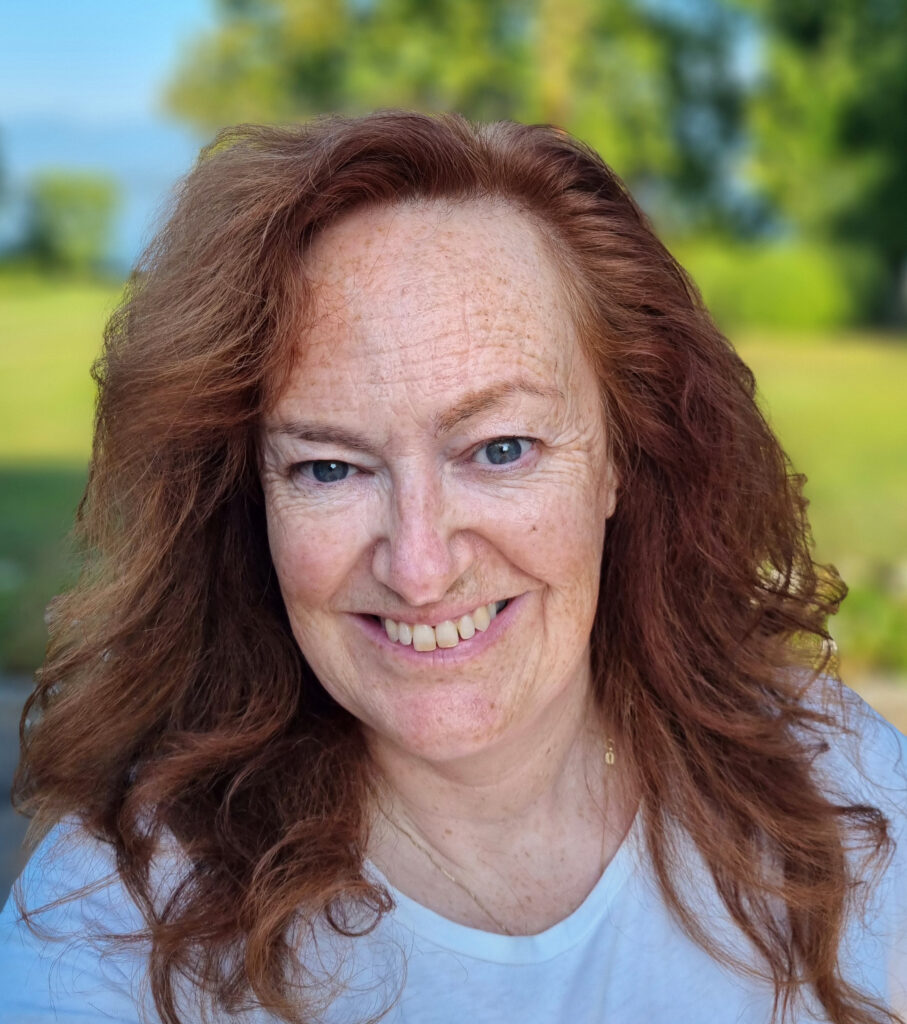
I am currently Professor of Science and Technology Studies at UCL in London, where I research and teach issues relating to the role of technology in inequality and how the social effects of advanced technologies like AI and data science drive wider social and political attitudes. Previously, I have worked on a number of EU funded projects, including leading RRI-Tools, and prior to academia, ran two communications companies and worked as an adviser in the UK Government. I have also sat on the scientific committee of the PCST (public communication of science and technology) Network, experience that I believe would be valuable to EASST.
Francis Lee
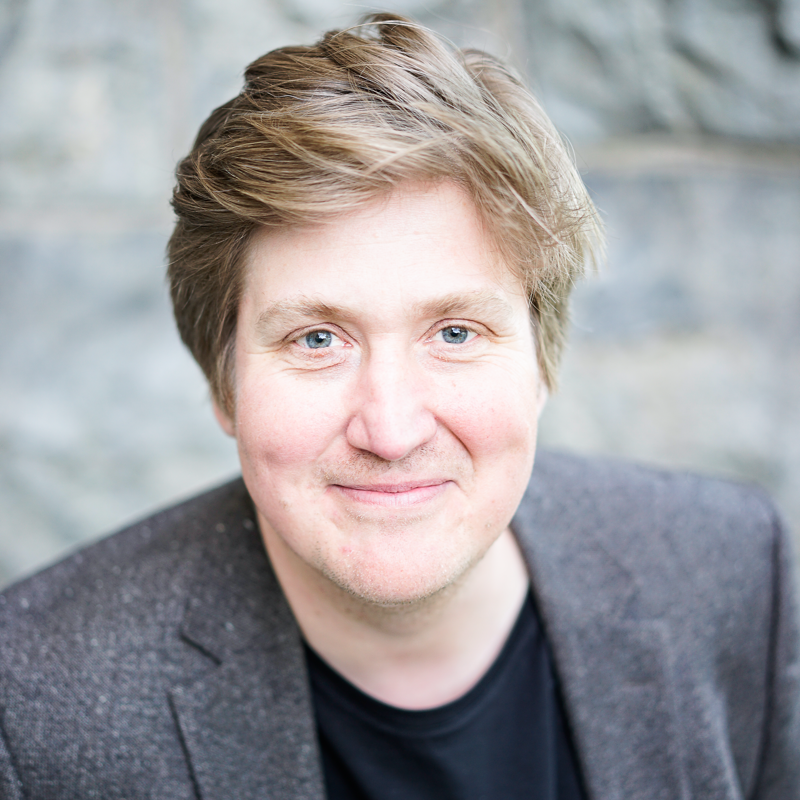
I am an Associate Professor working at the Division of Science, Technology, and Society at Chalmers University of Technology in Sweden. My main research interests focus on how knowledge infrastructures—such as algorithms, AI, and big data—reshape knowledge production in both society and science. I have conducted research on how algorithms for pandemic surveillance shape how we understand and manage disease. I am currently leading a project that investigates the impact of machine learning and big data on scientific knowledge production in the biosciences.